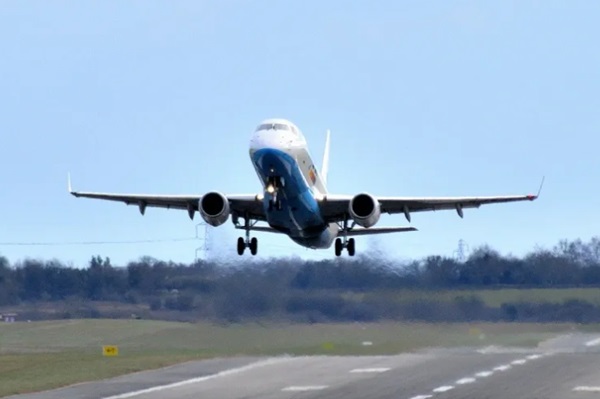UAE airlines cancel flights to UK, Iraq, Jordan, Iran, Oman and Kuwait after missile strikes in region
By Olga_Gafurova Thursday, 03 October 2024 11:41 AM

UAE airlines have cancelled flights scheduled to take off on Thursday in response to rising tensions across the Middle East following Iran's major rocket attack on Israel.
With Israel's threat of retaliation leaving the region on the brink of an already devastating war escalating, airlines have responded with passenger's safety in mind, while also being forced to respond after Israel, Iraq and Jordan closed off their airspace.
Dubai carriers Emirates and flydubai cancelled all flights to Iraq, Iran and Jordan scheduled for Thursday, while Abu Dhabi-based Etihad Airways has cancelled all of its flight services to Tel Aviv. Emirates has also cancelled flights to the UK, Oman and Kuwait amid the disruption.
Those booked on the flights will be assisted with travel arrangements, the three airlines have confirmed, with passengers advised to check the latest flight information online with their carrier.
Flights to Beirut have also been disrupted, with Emirates extending the suspension of routes to and from the Lebanese capital until October 8, and flydubai until October 7, as Israel began an incursion in the south of the country.
Gulf airlines halt flights
Air Arabia flights to Beirut from Sharjah and Abu Dhabi remain suspended and Egyptair said it was suspending flights to Beirut indefinitely, while Jordan's flag carrier Royal Jordanian said flights to Beirut were not operating “due to the current situation”, without giving an exact time for a restart.
Iran Air and Iraqi Airways have also suspended flights to the Lebanese capital “until further notice”, local news agencies reported at the weekend.
Bahrain's flag carrier Gulf Air and Doha-based Qatar Airways have taken similar steps because of security concerns. The National has contacted Saudia and Gulf Air for updates.
Lebanon's national carrier Middle East Airlines is the only airline operating from Beirut. Many countries, including the UK, US France and Ireland, are calling on their nationals to leave. On Saturday, the European Commission and the EU Aviation Safety Agency (EASA) issued conflict zone information bulletins recommending that airlines avoid operating in the airspaces of Lebanon and Israel “at all flight levels”.




























Add new comment